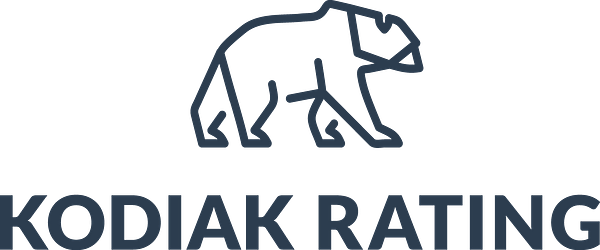News -
Is your Business mitigating the risk of Modern Slavery?
Avoiding the chances of modern slavery in your business' supply chain requires an aggressive approach on risk prevention, aided by the clear definition of ethics and social responsibility amongst all areas of the value chain.
The ILO (International Labor Organization) defines modern slavery as, “All work or service, which is exacted from any person under the menace of any penalty for which said person has not offered [him/her]self voluntarily.”
Many individuals will glance over a definition of that sort, and think ‘well that just doesn’t happen today; it’s 2017.' In answer, yes, it is 2017, but unfortunately, modern slavery does exist today.
Statistics from the Global Slavery Index indicate that there is approximately 45 million individuals worldwide living in some form of slavery today.

Grim statistics of this kind highlights the reality of the risk for modern slavery, even in the supply chains of your business. Working with suppliers in high-risk countries can increase the volatility of a supply chain’s inter-workings.
In recent years, legislation has been passed in an attempt to avoid such horrific operations from occurring in the modern supply chain. The Modern Slavery Act of 2015, was passed in the efforts to increase the transparency of big business’ supply chains, their supplier bases and every element associated with the production of their products and/or services. Specific clauses require organizations that show large revenues to report information publicly and annually.
But the question remains:
How can you avoid your business from allowing Modern Slavery?
The answer is sadly unknown, but there is measures of prevention that have shown to be effective:
Supplier Compliance & Governance.
Keeping a close eye on suppliers is a tall task for any supply chain management organization. Between sourcing, category, sustainability, and purchasing managers, there must be clear strategies in place to weed out disingenuous suppliers and provide stakeholders with sustainable products.
Paying attention to the detail of a supplier selection processes, with the aid of digital work tools, can be a good starting place for avoiding the risk of collaboration (from the start) with suppliers that utilize modern slavery. Furthermore, on-going assessment actions must take place, such as quality assessments, performance assessments and auditing of suppliers to assure genuine responses to assessment.
Eliminating modern slavery from the global supply chain must be a continuous effort of businesses, NGO's and stakeholders globally. Ask questions, stay informed, and make decisions about what you purchase and/or sell accordingly.
Related links
Topics
- Finance
Categories
- ethics
- csr
- modern slavery
- sustainability
- software
- supply chain management
- supply chain
- supplier relationship management
- news
- business
